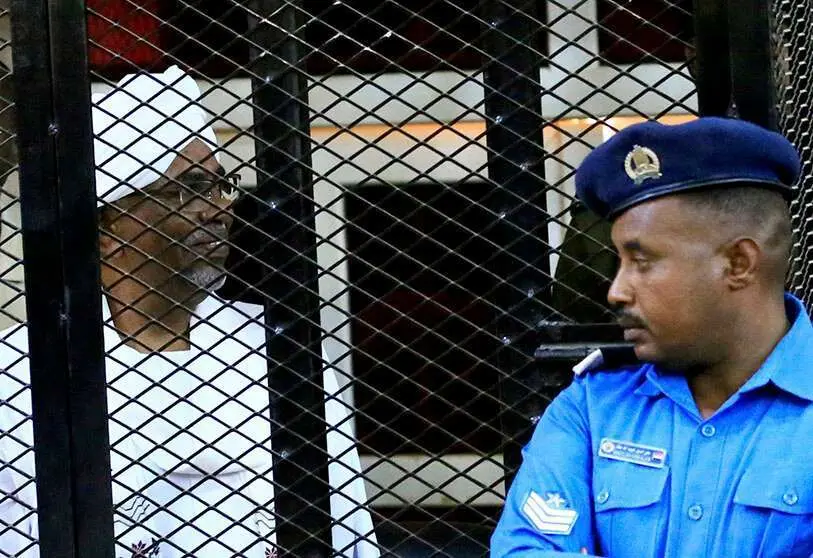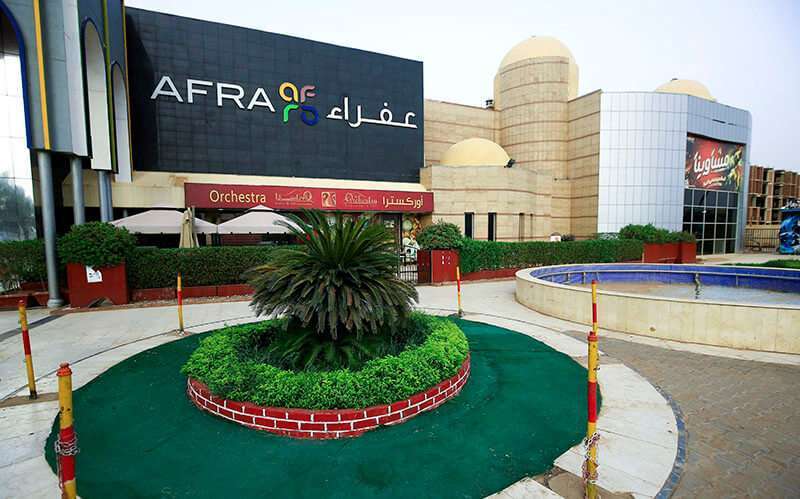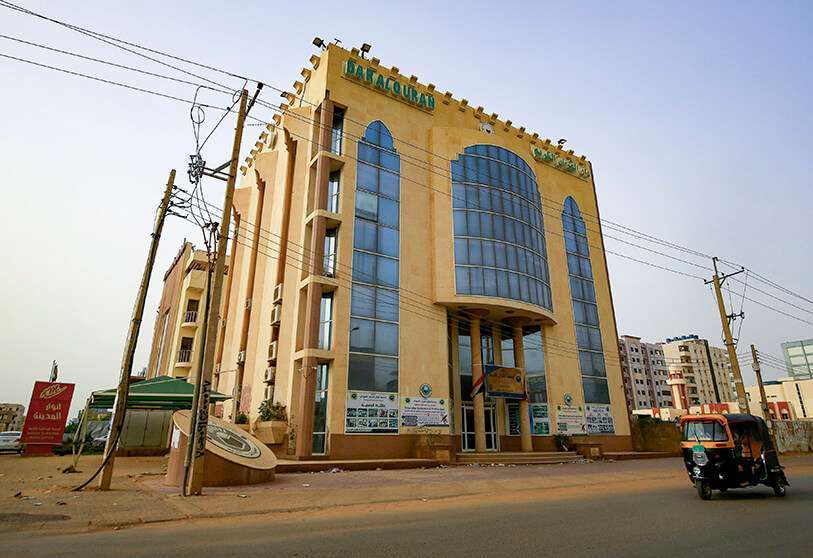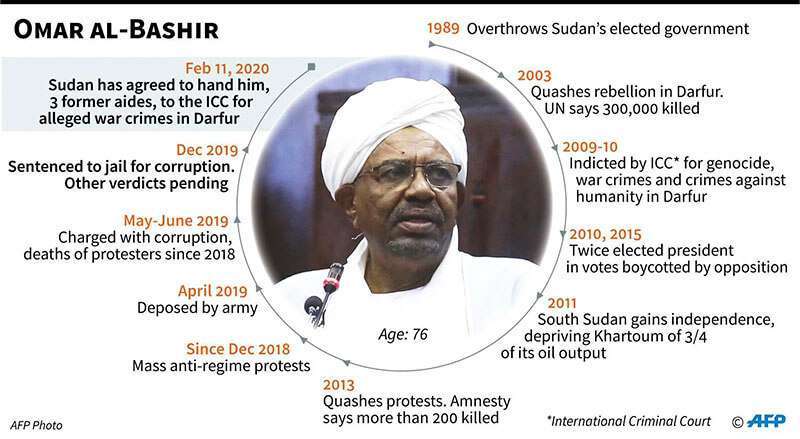Overthrown Omar al-Bashir under investigation for misusing Sudanese public funds for personal gain

A new investigation focuses on the figure of Omar al-Bashir, the former president of Sudan who was removed from office after 30 years leading a regime characterized by its tight power and who disappeared from the political scene, currently opening an attempt to democratic process in the African country.
The former Sudanese leader is now being singled out for allegedly wasting state funds to satisfy personal interests. Mohamed Faki Suleiman, alternate chair of the Corruption Committee and member of the Sovereign Council of Sudan, announced on Tuesday that the committee has opened a new investigation against the ousted president, Omar al-Bashir, on charges of “squandering state funds for personal interests.”
Suleiman explained to the media the new procedure initiated against Al-Bashir: “We opened new criminal communications in the face of the ousted president for wasting state funds for his personal interests, and the committee reached a special account in the name of the ousted president by number (2616) at the National Bank of Omdurman, in which an amount of $ 20 million a month was provided, which is a special prose outside the framework Legal. ”

Already at the end of 2019, Al-Bashir was convicted of corruption in one of several cases, and a ruling was issued against him in a social reform house for two years after authorities found around 7 million euros in his residence.
The sentence spoke of ten years, but it was reduced to two, being applicable in a non-prison institution because of the guarantees offered by the law to those sentenced over 70 years of age. In total, the Office of the Prosecutor-General brought 412 charges against Al-Bashir and several leaders of his regime on criminal charges and charges of political and financial corruption.
Since the overthrow of Bashir more than a year ago, Sudanese authorities have seized companies, real estate, and property belonging to the former president and some of his family and aides.
This is all the more remarkable in view of the economic situation in the African country, which is suffering from a flight of foreign currency and skyrocketing inflation, which has reached over 99%. According to the International Monetary Fund (IMF), the public deficit and external debt are at 211.7% and 198.2%, respectively. This is also at a difficult time due to the health crisis of the COVID-19 disease, which has caused hundreds of thousands of deaths and millions of diagnosed cases in the world. In Sudan, obviously with few medical resources due to its political conflict and financial problems, it generates uncertainty, leaving 372 dead and more than 6,200 affected so far.

Al-Bashir also has a pending indictment by the Prosecutor's Office for the 1989 coup d'état that brought him to power, and in February of this year the Sudanese Executive agreed to bring him before the International Criminal Court (ICC) on charges of genocide, war crimes and crimes against humanity. At this point, it has become known just a few hours ago that the Sudanese militia leader Ali Kushayb has surrendered to the authorities of the Central African Republic and is currently in the custody of the ICC accused of crimes against humanity in the Darfur region.
In this way, the figure of the former Sudanese president continues to fall from grace. On April 11, 2019, the national army overthrew Al-Bashir, who had ruled the country rigidly for three decades, after four months of popular protests against his regime. Following the mobilizations, he was arrested and is still in detention.
More than a year after the coup d'état that ousted Omar al-Bashir, Sudan continues on its path towards democracy. After many negotiations, a transitional government led by a civilian prime minister, Abdalla Hamdok, was agreed with the civilian platform Forces for Freedom and Change, initiating a three-year period in which military and civilians must share power until elections are held. Despite this, violence has continued, especially in the hot zone of Darfur, where fighting has caused thousands of people to flee to other countries.

Following the departure of Al-Bashir, the nation is making difficult progress in its political transition process, without yet being able to find solutions to the economic problems that have arisen.
The two sides that have led the transition in the country, the Military Council and the Forces for Freedom and Change, a movement that brings together civilian and pro-democratic forces, reached an agreement on a Constitution and a series of objectives to be achieved. These include achieving peace, addressing the economic crisis and dismantling the Al-Bashir regime.

Last November, the Sovereign and Ministerial Councils adopted a law to eradicate the institutions and posts of the former regime, which is enabling progress to be made in this task. There have been delays in the formation of the transitional parliament and the appointment of civilian governors in the states, something which needs to be solved beforehand with the guerrilla movements for which representation in the country's new institutions is planned. Within this framework, processes to pacify certain areas such as Darfur continue to be under way, although the talks are still at an impasse.








